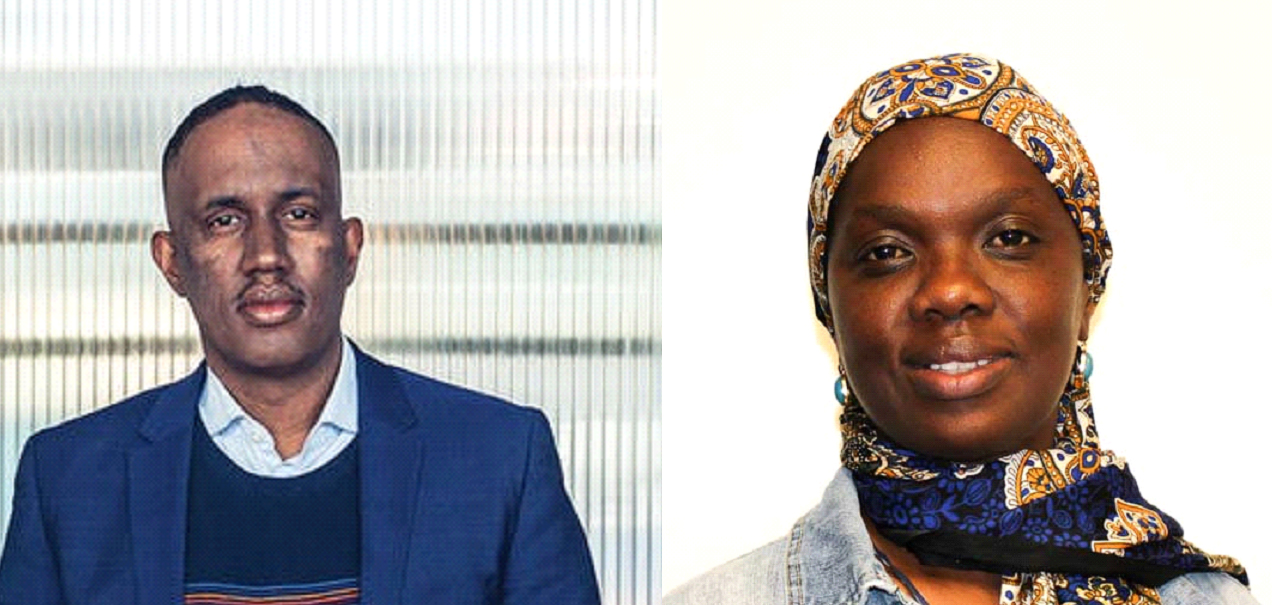

Sponsored Content from Metro Transit
Stacia Goodman has been installing detailed mosaics in public and commercial spaces for the past 15 years.
Despite her rich portfolio, she says she has often felt the need to prove herself while working in largely male-dominated construction environments.
Lately, though, she’s come to see being a woman-owned business as an asset.
This spring, Goodman’s business, Stacia Goodman Mosaics, was certified through the U.S. Department of Transportation’s Disadvantaged Business Enterprise (DBE) small business program, one of several certification programs included in the Metropolitan Council Underutilized Business Program, also known as MCUB.
The MCUB program is designed to help Minnesota-based women, minority, veteran and disabled-owned and operated businesses stand out when vying for public contracts.
Public Art Administrator Mark Granlund encouraged Goodman to seek the certification, and recently hired her to install six- and ten-foot long mosaics on ledges inside the Uptown Transit Station, where public art may be used to deter vandalism. Goodman hopes her certification will help her land more like projects in the future.
“Getting certified was the first time I felt being a woman was a bonus, that it was seen a positive thing,” Goodman said. “It has really taken a bit of weight off my shoulders after always feeling like I have to work twice as hard.”
Stories like Goodman’s are becoming more common thanks to the MCUB program. Created in 2012, the program boosts the profile of more than 2,400 underutilized businesses through a searchable online directory and other networking opportunities.
To support equity and inclusion goals, the Council aims to direct at least 10% of its annual spending on goods and services and 14% of its annual spending on construction and professional technical services toward MCUB businesses this year. Departments may have their own MCUB-related goals, and locally funded projects with contracts exceeding $175,000 also carry MCUB participation goals.
“I always say that we represent our community, so we should do business with those who represent our community,” said Tara Rasch, the Council’s Senior Manager of Purchasing.
While businesses get a leg up for being certified, the Council has also found advantages to working with MCUB businesses.
One example: St. Paul-based M/A Associates, an MCUB business that began supplying the Council with small quantities of cleaning products several years ago. This year, the company is supplying gloves, masks and cleaning supplies that are in short supply due to the COVID-19 pandemic.
Katherine Howard, who bought the business a decade ago, said it has been rewarding to not just earn more business but to fill a need. “It really is heartwarming to know we are able to help at this scary time,” said Howard, whose husband Tom helps run the business.
Like M/A Associates, St. Paul-based architecture firm 4RM+ULA has strengthened its relationship with Metro Transit over the years.
A certified DBE and MCUB, 4RM+ULA helped design METRO Green Line stations and has since worked on downtown St. Paul bus shelters, suburban METRO Orange Line stations and provided concept level design work for improvements at the Brooklyn Center Transit Center.
Nathan Johnson, one of 4RM+ULA’s three partners, said being an MCUB business has helped the firm earn more business and in turn provide opportunities to people of color, who are underrepresented in architecture.
“Right now, African Americans represent just 2% of architects nationwide so we are not well represented within the industry,” Johnson said. “A program like MCUB can really help a firm like ours, that has the knowledge, has the capacity, but needs the opportunity.”
While the MCUB directory is a good starting point, the Council’s Office of Equal Opportunity (OEO) can also help facilitate connections.
Recently, OEO Senior Manager Tracey Jackson connected Facilities Maintenance with the owner of KMS Airduct Cleaning, a Minneapolis-based DBE that has been in business for nearly 30 years.
KMS owner Ken McCraley said the chance to meet with staff was a key to getting his foot in the door. McCraley met Jackson through his work as the past president of the National Association of Minority Contractors.
“When you’re a small minority business, you can bid on all the projects you want but it’s important to have those relationships and to be able to offer that value proposition,” he said.
Learn more about the program and explore the MCUB directory at metrocouncil.org.
About Metro Transit
Metro Transit is the primary public transportation operator in the Minneapolis–Saint Paul area of the U.S. state of Minnesota and the largest operator in the state.










